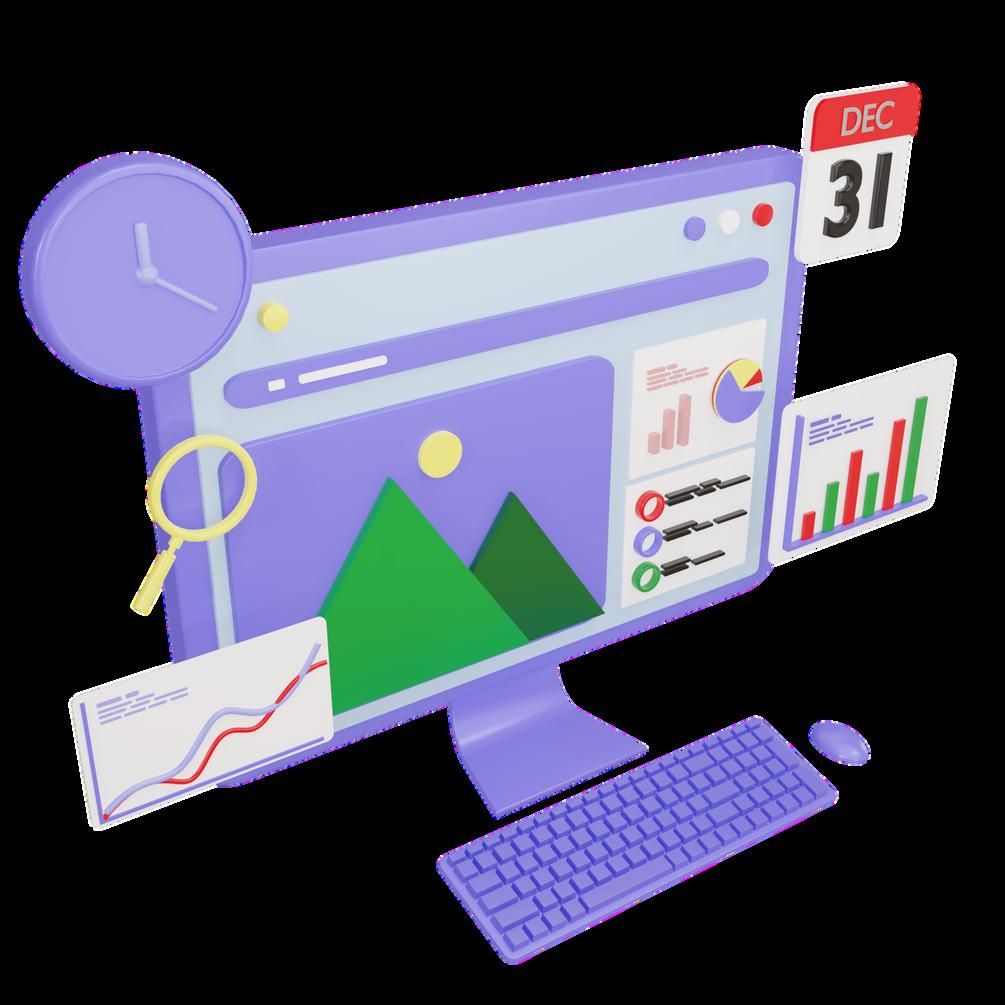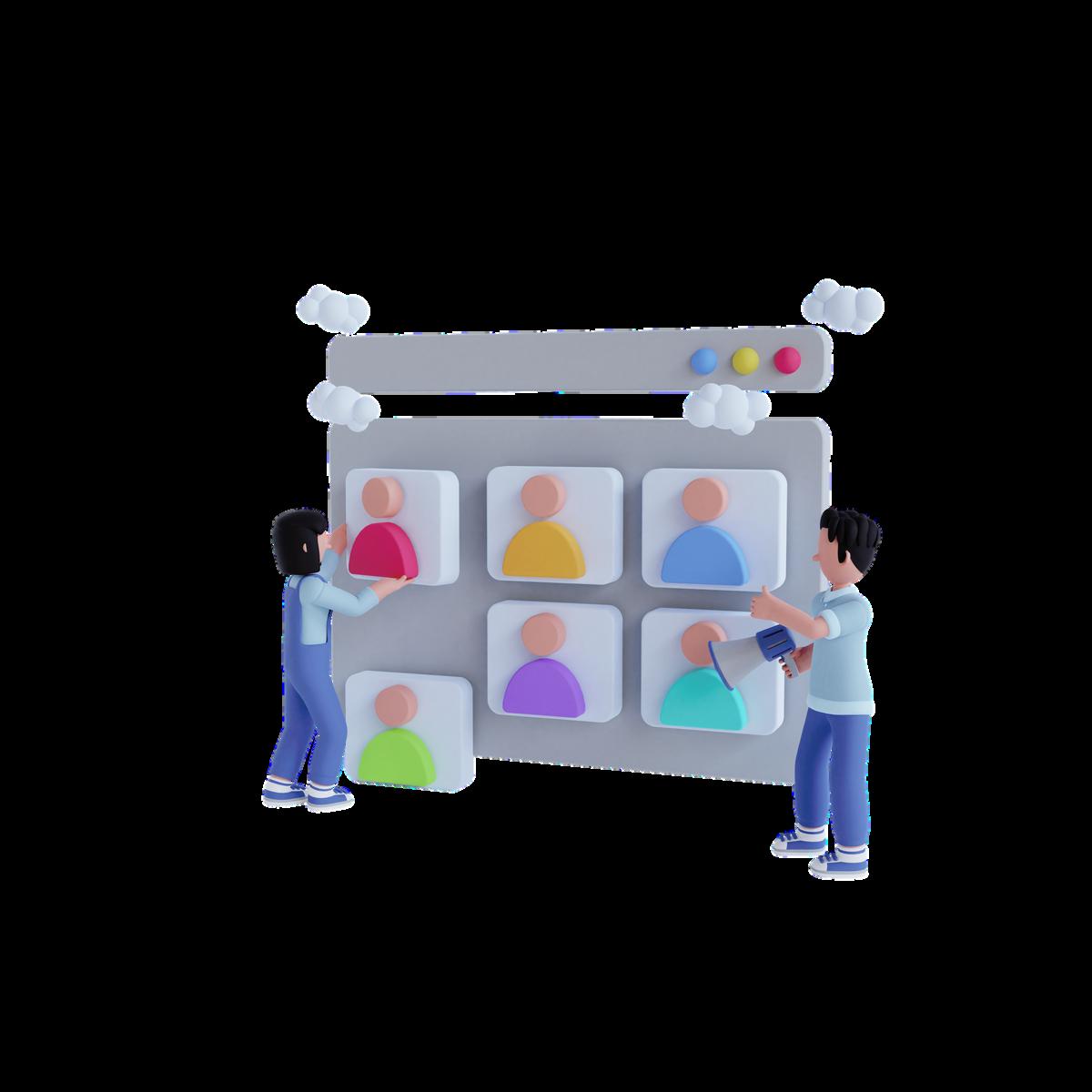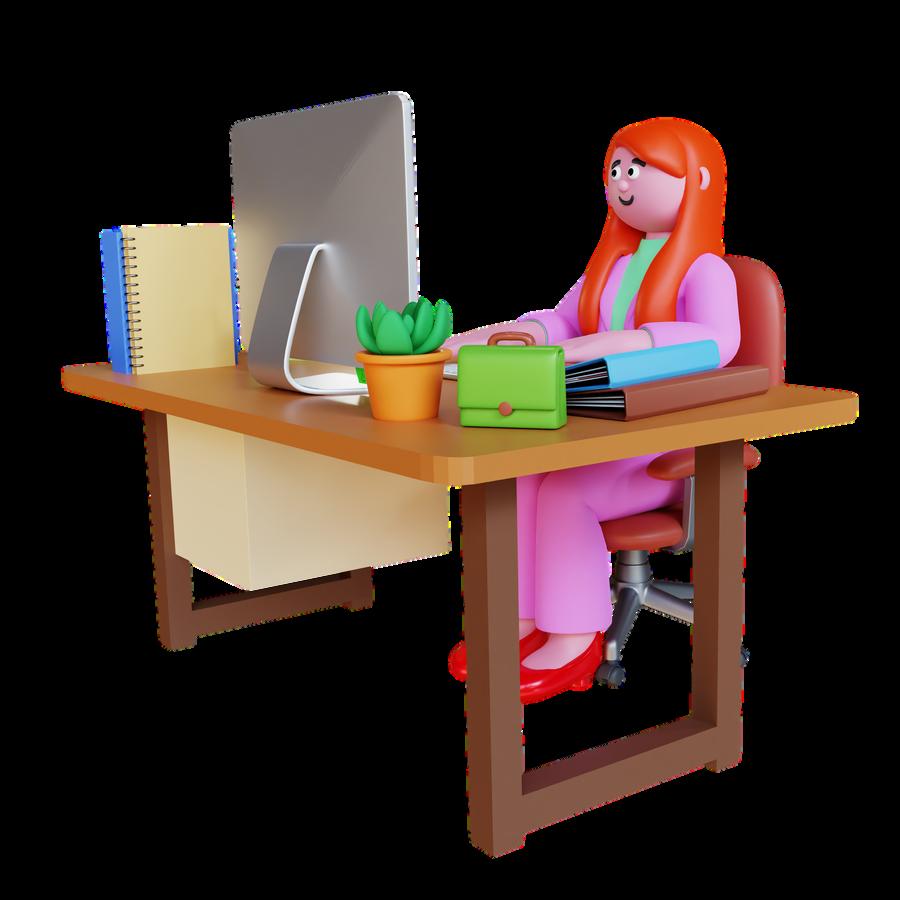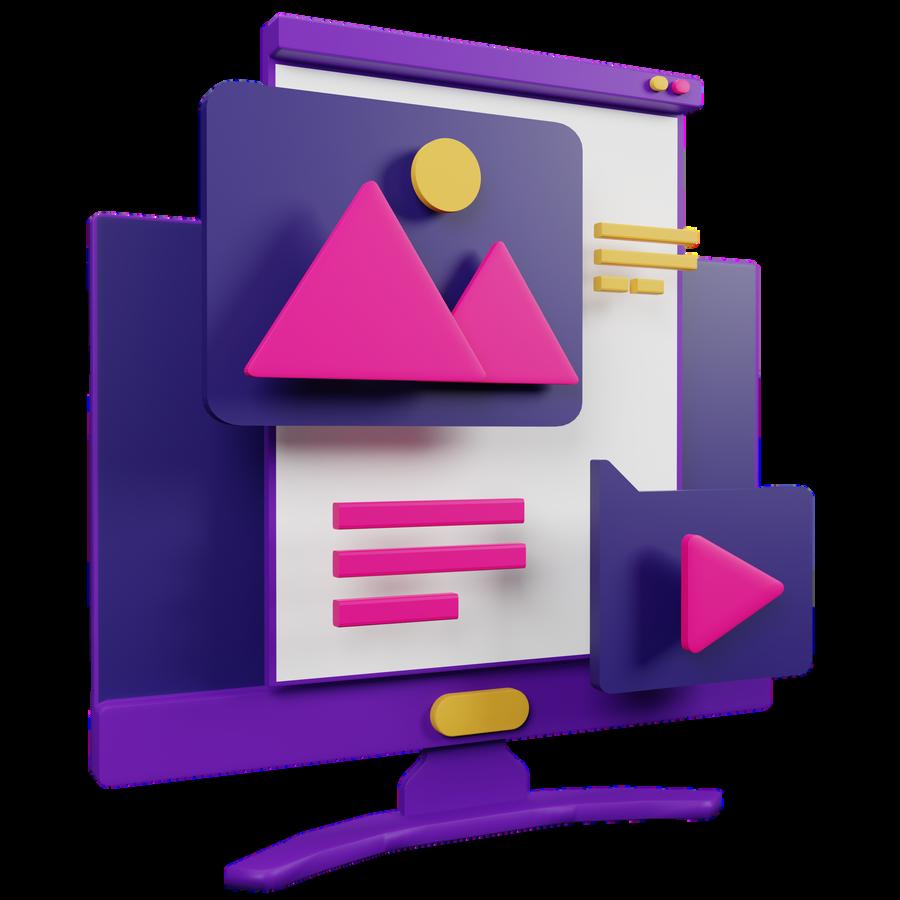
ESSENTIAL TIPS FOR OPTIMIZING YOUR DESKTOP COMPUTER PERFORMANCE



In today's digital age, where productivity and efficiency are paramount, optimizing your desktop computer's performance is crucial. Whether you use your computer for work, gaming, or general browsing, a smooth and fast-running system can make a significant difference in your overall experience. Here are some essential tips to help you work smarter, not harder, by optimizing your desktop computer's performance.
1. Regular Maintenance: Just like any other machine, your computer requires regular maintenance to perform optimally. This includes running disk cleanup utilities, defragmenting your hard drive, and regularly updating your operating system and software applications. These routine tasks can help improve system speed and prevent issues caused by cluttered and fragmented files.
2. Upgrade Hardware: If your computer is struggling to keep up with modern demands, consider upgrading its hardware components. Adding more RAM, upgrading to a faster SSD or HDD, or installing a better graphics card can significantly enhance your computer's performance, especially when running resource-intensive tasks like video editing or gaming.

3. Manage Startup Programs: Take control of which programs launch automatically when you start your computer. Having too many startup programs can slow down your system's boot time and consume valuable resources. Disable unnecessary startup programs to streamline your computer's startup process and improve overall performance.
4. Optimize Power Settings: Adjusting your computer's power settings can also impact its performance. For desktop computers, setting power options to High Performance mode can ensure that your system delivers maximum performance when needed. However, keep in mind that this may lead to increased power consumption.
5. Update Drivers: Outdated or incompatible device drivers can cause performance issues and system instability. Regularly update your drivers, especially graphics card drivers, to ensure compatibility with the latest software and games, as well as to benefit from performance optimizations and bug fixes.



6. Monitor Resource Usage: Use task manager or third-party monitoring tools to keep an eye on your computer's resource usage. Identify any processes or applications that are consuming excessive CPU, memory, or disk resources and take appropriate action, such as closing unnecessary programs or upgrading hardware if needed.
7. Keep Your System Clean: Dust buildup can cause overheating and reduce the efficiency of your computer's cooling system. Regularly clean your computer's internal components, including fans, vents, and heat sinks, to ensure optimal airflow and prevent thermal throttling, which can slow down performance.
8. Use Antivirus Software: Protect your computer from malware and viruses by using reputable antivirus software. Malware infections can not only compromise your data but also significantly degrade your system's performance. Keep your antivirus software updated and perform regular scans to detect and remove any threats.

By implementing these essential tips, you can optimize your desktop computer's performance, enhance your productivity, and enjoy a smoother computing experience. Remember, working smarter involves taking proactive steps to maintain and improve your computer's performance, allowing you to focus on your tasks without unnecessary slowdowns or interruptions If
www.dubaionlinecart.ae sales@dubaionlinecart.ae

